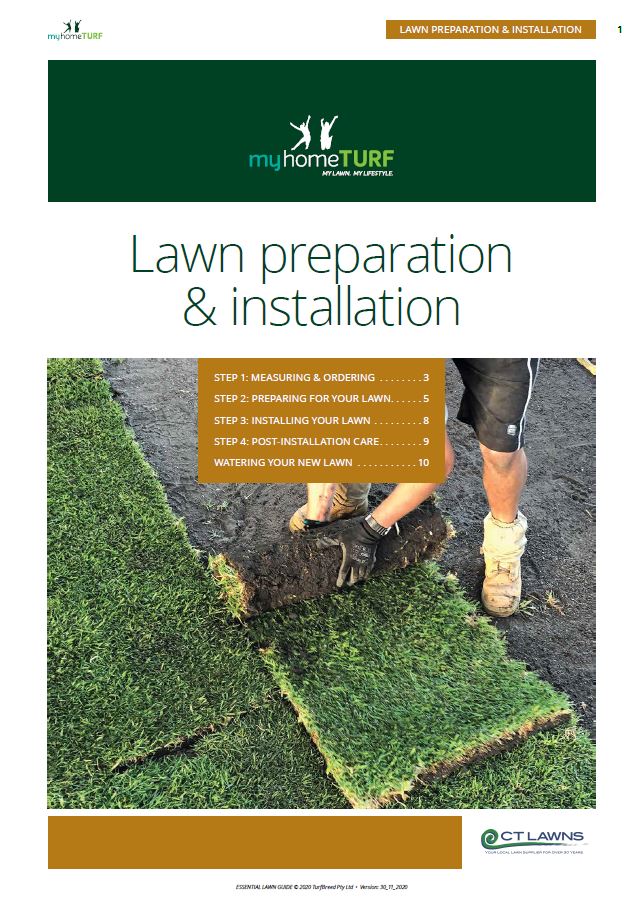The better the preparation the better the lawn
Complete all your other areas first
This will allow you access to your new lawn area to be able to prepare and lay without it getting damaged by any other works.
Remove existing turf
You can remove any existing turf by either bobcat or spraying with roundup and waiting for a period of 14 days for it to all die off.
Then you need to clear the site from all debris such as dead grass, weeds sticks, rocks etc
Test your soil and adjust pH levels if needed
It is very important to test your soil so that you can grow a healthy lawn.
The optimal pH level for lawn is 6.5 – 7.5
Purchase a test kit which you can get from most good DIY stores. These kits measure the levels of acidity in your soil. Alkaline soil measures a pH value above 7 and Acidic soil measures below 7. It is a good idea to test different areas as they can vary. If your soil is above 7 then it is alkaline soil. This means that it is low on certain nutrients and you will need to add compost and manure.
If it is very alkaline then you may need to add sulphur. If your soil is below 7 then it is acidic so you will need to add lime or dolomite.
Gypsum can be used for clay areas as this will help breakdown the clay and provide proper soil drainage.
Turf underlay
Next is your soil purchase, a good quality landscape yard can help you, just remember you want the soil to be weed free and of a high quality. Sandy Loam is a good choice as it retains moisture.
To calculate the measurement of soil required multiply the total square metres by the depth of soil you would like, for example soil depth is 100mm (0.1 x total square metres = cubic metres required).
Spread top soil out using a rake (a wheelbarrow and shovel will be handy if moving large amounts of soil around) across the area which you intend on turfing, to a minimum depth of 150mm.
Ensure the soil slopes away from foundations and pathways
Eliminate any future drainage problems by ensuring that the soil slopes away from any housing foundations or pathways.
Smooth the soil, ensure you have an even surface with no debris, we recommend you hire a roller, this will also ensure you have a smooth surface.
Be sure to keep your soil about 2 – 3cm below sidewalks or driveways as your new lawn needs to be laid on top (typically the slabs are 25mm in height).
Lightly water the prepared area, this will settle the soil and provide a moist base for your turf.
Under Turf Starter Fertiliser And Water Crystals
A good Starter Fertiliser and Water Crystals are recommended to be added to the turf underlay prior to laying your new lawn (this will assist in water retention and the establishment of the root system) for more information, please ask our friendly team at CT Lawns Turf.
Lawn Pride Under Turf Starter Fertiliser 4kg $42

